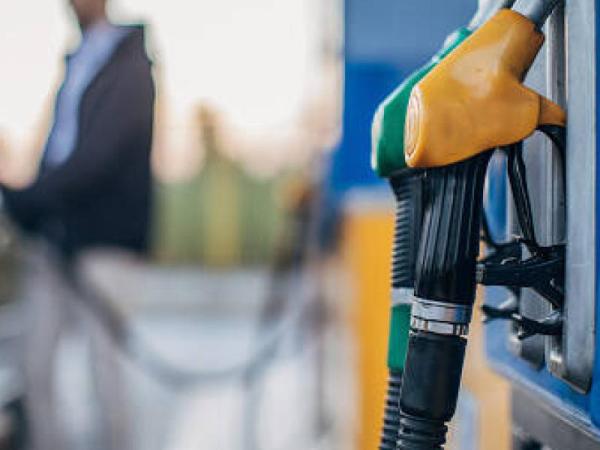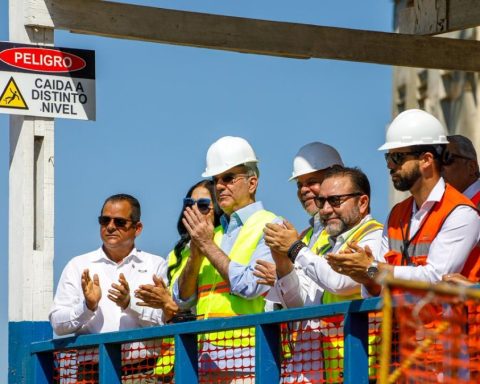This Wednesday, the Inter-Union Chamber of Transport (Unidos) announced, through public communication, that, despite having the interest, They failed to reach an agreement with the National Government on the adjustment of the price of diesel.
You can read: In two years of the Petro government, progress in the transportation sector is low: what is the reason?
It is worth remembering that as a result of the meeting in 2022 with President Gustavo Petro (in which the price of diesel was frozen), technical tables were set up to review and evaluate the fuel price formula. These meetings began a year later, of which there have been 10 more to date. Despite the Government’s insistence on raising the price, the union insists that “It is not the right time to increase the price of diesel fuel to $6,000 per gallon.”
“The economy remains stagnant, fixed investment remains at levels below pre-pandemic levels and this is partly explained by low investor confidence and high levels of uncertainty regarding the costs associated with the different productive sectors. An important part of this is that inflation has not subsided as expected (…) Therefore, a significant increase in the price of diesel fuel will lead to new pressure on inflation in the different sectors of the economy, which will affect the reactivation process.” they explain.
They recall that consumer and industrial sector confidence remains at negative levels and represents between 60% and 70% of transport demand.e. “These sectors remain in a critical situation, with falls in production, sales and employment, which in turn reduces demand for transport. This situation was confirmed by the GDP results at the end of the first half of the year, as well as by the indicators of the subsectors of each sector mentioned. Thus, transport and the value chains that this service requires lack the financial capacity to absorb the increase in costs proposed by the Minister of Finance.”they point out.
You may be interested in: The discussion about the increase in diesel prices has intensified and there is ‘no desire to reconcile’
ACPM.
iStock
They indicated that in the midst of this situation (of declining or stagnant income), the Government proposed to the transporters assume a 62% increase in the price of its mainlinsumo, that is, fuel and tolls. “No one is forced to do the impossible, says a legal principle,” they say.
Another problem in reaching agreements is the limitation of minimum costs. According to the Government, there is no problem in raising the price of diesel fuel. “Well, this would translate into freight”However, freight transporters remember that Only a part of them is governed by the SICE-TAC system (which establishes the minimum costs of the value for each trip).
“Although the system was conceived correctly, its implementation has been ineffective and exclusive. The parameters used do not reflect operational reality, they inflate the number of trips made by each truck by two times, they undervalue the maintenance and cost of the vehicles, they ignore the costs of the transport company, they do not include the profitability of the owner or the company, and the Superintendency of Transport lacks the institutional capacity to enforce these minimum prices for all the actors in the chain,” they add.
Also read: Trade unions express concern over increase in diesel fuel for large consumers

ACPM
THE TIME file
The transporters’ proposal
Without further details, the transporters’ proposal, as they explain, is designed in light of the evolution of the economic cycle and a more efficient use of Colombia’s advantage of being self-sufficient in oil and diesel production.
“Additionally, the Colombia Price formula makes the financial management of the Fuel Price Stabilization Fund easier. In 2023, for example, with the formula proposed by Unidos, the Fund’s diesel deficit would go from $15 billion to $2 billion, 7.5 times less,” they point out.
With all this situation, the transporters ask that The decision that is taken focuses on and prioritizes the economic reactivation process, the country’s competitiveness, the reconstruction of the business fabric and the protection of the household economy.
“That it not only complies with the mandates of the risk rating agencies and international creditor institutions, according to the arguments of the national government. There are times when it is pertinent to act independently and this is one of them. In countries such as China, the United States and Brazil, which are our competitors in the national and international market, they subsidize diesel,” close.
Paula Galeano Balaguera
Portfolio Journalist

















